Did you know that the Defence Infrastructure Organisation (DIO) and Landmarc work together to manage military training facilities across the MOD’s 190,000 hectares of UK training estate?

Pictured L to R, Robert (Bob) Phillips, Contract & Infrastructure Manager, DIO, David Demock, High Voltage Engineering Manager, C&P Engineering Services Ltd, Claire Travis, Project Manager, Landmarc Support Services and Fraser Faulks, Associate, DSSR are the first to sign the new Project Charter on the High Voltage Power Replacement Project at Kirkcudbright Training Area in Scotland.
DIO has worked in partnership with Landmarc Support Services for over 15 years, and as part of the Next Generation Estate Contracts (NGEC) since 2014.
For DIO and Landmarc, working together is important for providing services successfully. But what does it mean to work together? It’s words that are often used in the world of business but achieving good working relationships requires more than a friendly hand shake over a cup of coffee! It requires a systematic approach that helps manage relationships on several different levels, between different teams and departments and across multiple customers.
Both DIO and Landmarc are accredited to the new ISO 44001 standard, which provides a framework for improved communications between the client and supplier. The partnership is also underpinned by a Partnering Charter and a relationship management plan that reinforces the importance of operating a successful joint management system between our two organisations.
However, the relationship that DIO has with Landmarc goes further than an accreditation, a certificate or simple words on a page, as Col Phil Cook, Deputy Head of the UK Defence Training Estate, explains:
“DIO and Landmarc staff have a ‘one team’ approach which enables us to provide a more efficient, better quality estate for Defence people to live, work, train and deploy on operations. The contract and individual projects are kept on track through regular meetings, joint workshops and working groups which go well beyond the required monthly meetings. We overcome challenges through a strong partnering ethos which means that contractual barriers are broken down so that we can pull together as one team to carry out the programme and resolve issues.”
One way in which this is evidenced is through the recent introduction of a Project Charter, which provides a way to work jointly with our suppliers on projects that support a better estate for our Armed Forces. Landmarc’s Head of Projects, Vince Gunning, says:
“We developed the Project Charter to strengthen the way that Landmarc and DIO interact with our key suppliers through a mechanism of working together and putting parameters in place to avoid potential triggers for disengagement. Our stakeholders will each sign the Project Charter at the outset of a project, which will then become a visible reference instrument during the life of the project. It also extends Landmarc’s and DIO’s Partnership values, encouraging behaviours that help to create a culture of trust and continual improvement, which is integral to our project delivery.”
The first project to benefit from the Charter is a £3 million project to replace 14km of high voltage power cables at Kirkcudbright Training Area in Scotland. This is a major investment in the facilities on these busy ranges that will improve the provision of power across the complex, future-proof the network and enhance its resiliency. The work involves a number of stakeholders such as Scottish National Heritage, resident farmers, DIO ecologists and archaeologists, so working together is essential to ensuring that the project is carried out on time and to budget with as little disruption to the environment, end users and tenants as possible.
Prior to implementing the Charter, the market intelligence undertaken by Landmarc concluded that our suppliers were happy to sign up to working more jointly. Going forward, formalising this approach will ensure a continual path of best practice, creating additional value that will further benefit end users using the Defence estate to train.
So, whether it’s a remit to cut costs, improve efficiency or performance or simply, to make a process run more smoothly, a working relationship based on mutual trust and understanding provides a strong foundation to ensure success through our joint aims of providing a better Defence estate, a better customer service and a better business for our Armed Forces.
